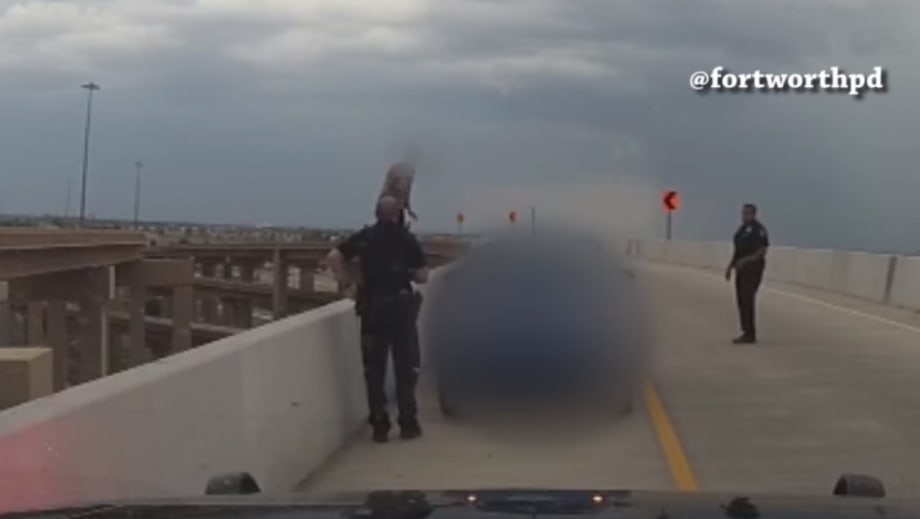Sidebar: Just about every department today has a Facebook page. However, not every department uses the medium to its fullest capacity. If you think you could use some help, just look around, find a PD that seems to have a good, vibrant social media presence, and reach out to them for tips on how they do things. It's really not rocket surgery, but there are some best practices out there.
Plenty of pro-police citizens follow your department on Facebook and Twitter — and these are precisely the people with whom you should be directly communicating. It's almost a happy accident when the local press — who also follow you on social media — sees your post and picks up the story. Bonus!
So when an officer saves a drowning boy, pulls two children from a hot car, stops a runaway crane truck, delivers a baby, or does some other heroic thing that's "just part of the job" departments should be shouting from the mountain tops, "See! This is what we're all about!"
I make no argument that the politicians, the press, and the people who are vehemently anti-police will suddenly have a change of opinion about you — a tidal wave of positive news coverage wouldn't do that — but those individuals are in the minority.
They are a very vocal minority.













